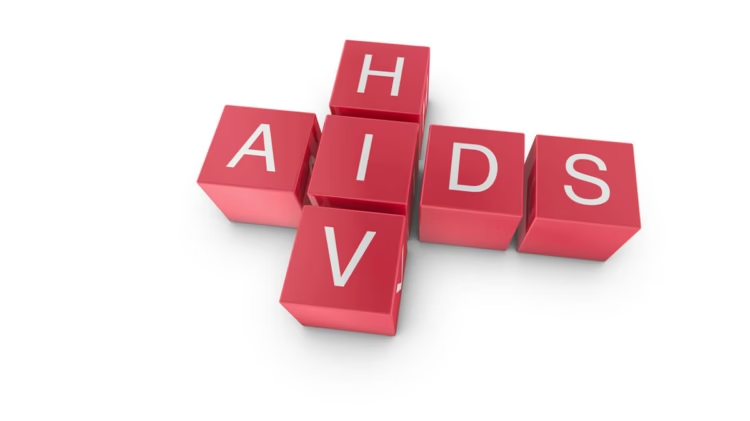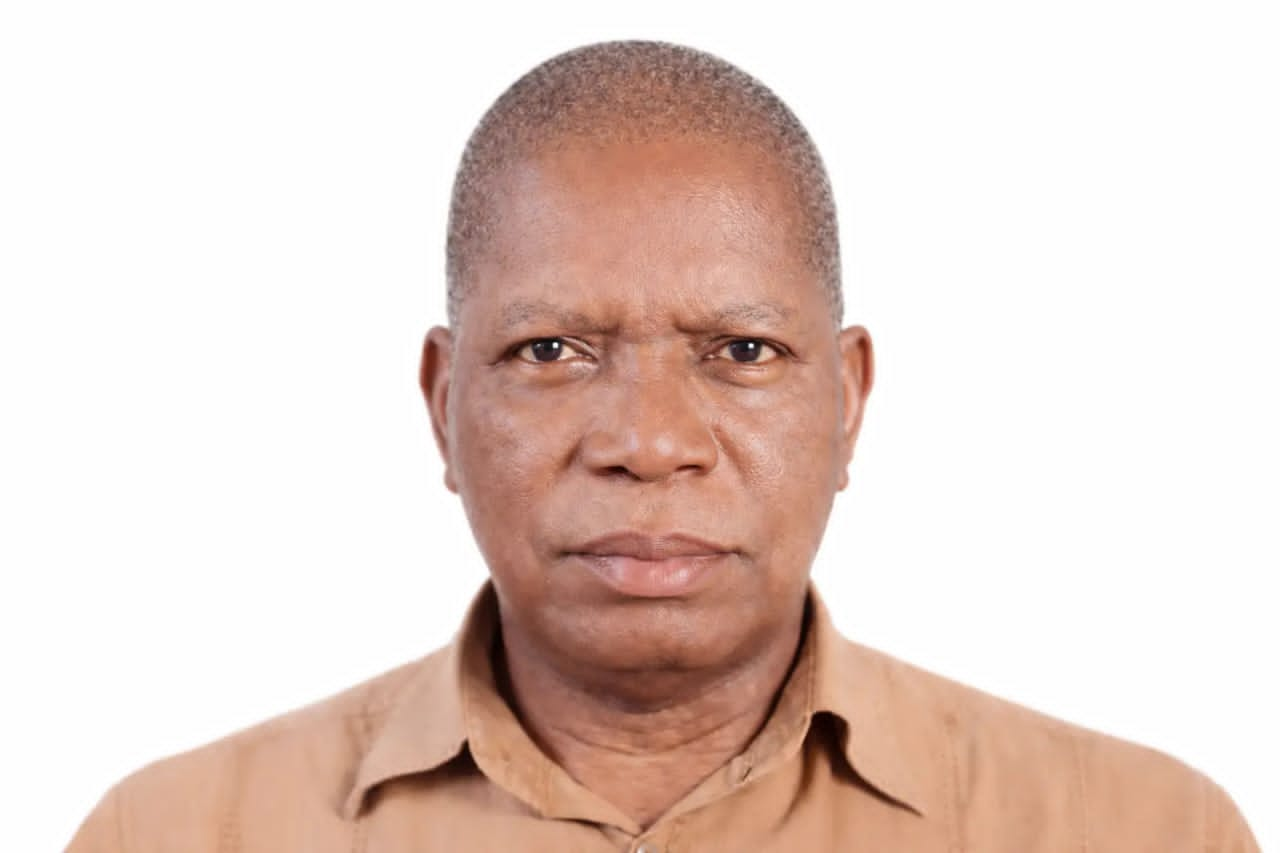Institute of Human Virology Nigeria HIV Adherence call by Dr Patrick Dakum urges people living with HIV to stay consistent with treatment to stay healthy
Institute of Human Virology Nigeria HIV Adherence has once again taken centre stage as the organisation urged people living with HIV across the country to remain consistent with their prescribed medications to sustain their health and combat AIDS.
Also read: AHF Nigeria raises alarm over rising HIV infections
The call was made by the Institute’s Chief Executive Officer, Dr Patrick Dakum, in a statement released on Tuesday, where he reaffirmed the institute’s commitment to supporting Nigeria’s HIV response and sustaining treatment access nationwide.
Nigeria remains among the countries most affected by HIV globally, with over two million people currently living with the virus.
According to the National Agency for the Control of AIDS (NACA), over 1.7 million Nigerians are aware of their HIV status, while more than 1.73 million individuals are currently on antiretroviral therapy.
Dr Dakum emphasised that HIV services—including testing, treatment, laboratory diagnosis, and prevention of mother-to-child transmission—remain free and accessible in several public and private health facilities across the country.
He noted that IHVN, with support from the U.S. President’s Emergency Plan for AIDS Relief (PEPFAR) through the U.S. Centres for Disease Control and Prevention (CDC), continues to provide critical HIV services in partnership with the Nigerian government.
“Over 238,000 individuals currently receive antiretroviral treatment in IHVN-supported facilities across the FCT, Nasarawa, Katsina, and Rivers States,” Dakum said. “At no point were these life-saving services disrupted.”
The CEO further highlighted IHVN’s focus on sustainability and long-term impact, saying the institute’s goal is to test 95 per cent of people living with HIV, initiate treatment for 95 per cent of those who test positive, and achieve viral suppression through strict medication adherence.
In addition to treatment programmes, IHVN is expanding community-based initiatives such as Group Mothers’ Love Gatherings and Peer Mentor Mother Programmes, which empower women living with HIV and support pregnant and nursing mothers.
“These community initiatives are vital,” Dakum added. “They help caregivers, adolescents, and vulnerable groups improve adherence, nutrition, and overall quality of life.”
He also praised the Federal Government’s progress in strengthening HIV ownership through local production of test kits, inclusion of people living with HIV in national health insurance schemes, and upcoming access to the new HIV preventive injectable, Lenacapavir.
Dr Dakum concluded by calling for continued collaboration among all stakeholders, including civil society and the media, to ensure that Nigeria sustains its progress in achieving HIV epidemic control.
Also read: HIV prevention injection divides Nigerians’ opinion
“Our collective action is key,” he said. “By working together, we can ensure a healthier and more resilient future for Nigerians.”
Source: Read more at championnews.com.ng





























